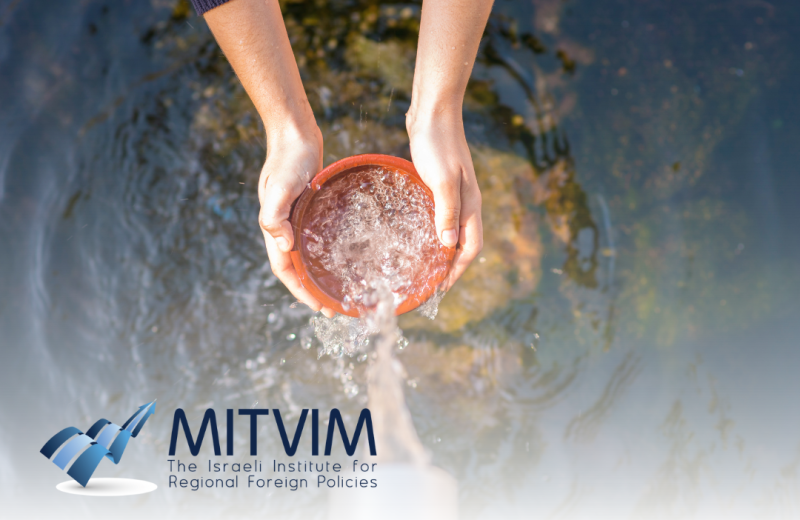 Policy Papers and Reports
/ Israel and the East Mediterranean
Policy Papers and Reports
/ Israel and the East Mediterranean
Water scarcity in the Middle East poses a formidable challenge, with far-reaching implications for the region’s ecological balance, socio-economic stability, and security. This policy paper examines Israel’s water policy through an analysis of four case studies, beginning with the Madrid Conference of 1991, and followed by an evaluation of Israel’s bilateral relations with Palestine, Jordan, and Turkey. Three key geopolitical objectives are identified for Israel: securing domestic water resources, fostering Israel’s integration in the region, and promoting long term regional resilience. Hydropolitics emerges as a pragmatic approach to address the complex interplay of interests and grievances surrounding water management in the Middle East, and offers opportunities for dialogue, trust-building, and sustainable resource management. Drawing on historical lessons of hydropolitical initiatives in the region and considering the unique socio-political Middle Eastern landscape, this paper proposes new insights to advance Israel’s objectives and enhance regional stability.


